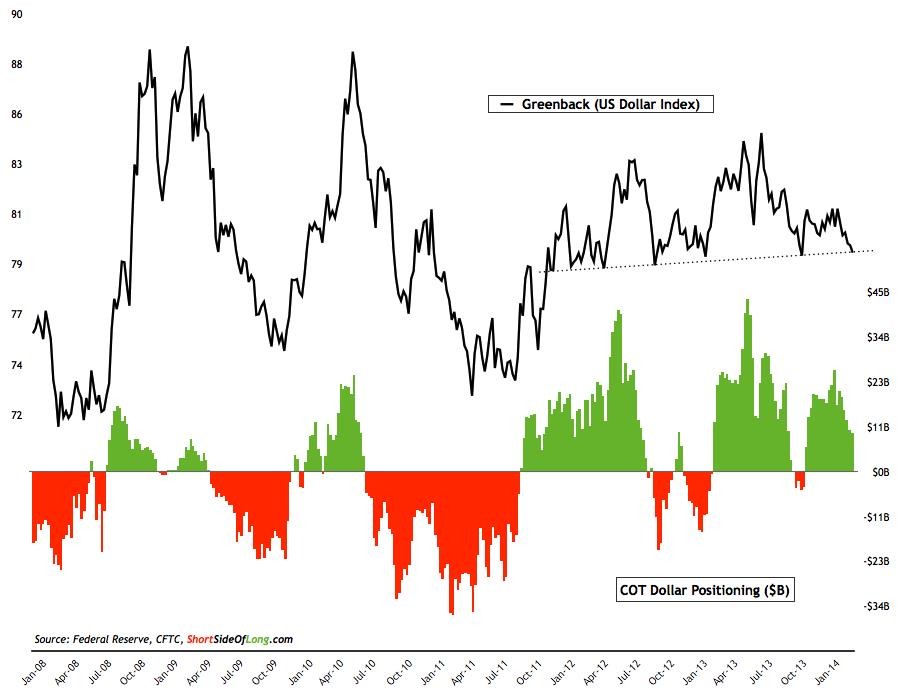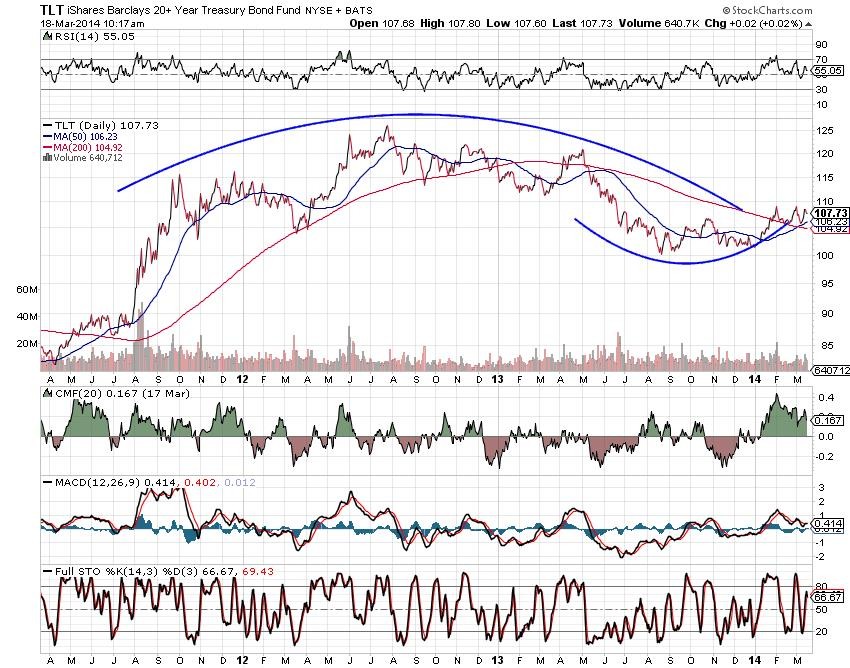Tremors in the Palace of the BondFund King
Post on: 17 Октябрь, 2015 No Comment

Pimco, the giant asset manager, has been attracting attention for all the wrong reasons.
First, the company has been bleeding assets. Investors removed nearly $48 billion from its flagship Pimco Total Return bond fund in the 12 months through February — accounting for more than half the money leaving all intermediate-term bond funds, according to Morningstar. Last October, Pimco Total Return, managed by William H. Gross. Pimco’s founder, lost its status as the world’s largest mutual fund. It’s still huge, but it’s shrinking.
A collection of “Strategies” columns published in The New York Times.
How Many Mutual Funds Routinely Rout the Market? Zero MAR 14
Plenty of Noise, but Not Much Guidance From Fed or Company Reports FEB 28
Debts Two Sides: Riches and Misery FEB 21
The Great American Dream, Still Deferred FEB 7
Into Second Place
Source: Morningstar
On Tuesday, saying Pimco’s “public reputation” had been shaken by Mr. El-Erian’s abrupt departure, Morningstar downgraded Pimco’s overall “stewardship” grade to C from B. It cited reports that Mr. Gross has “a severe and reputed retaliatory temperament” that has made it hard for others at Pimco to disagree openly with him or to participate significantly in important investment decisions. Later in the week, however, Morningstar said that despite these failings, it was reaffirming its view that Mr. Gross’s fund remains “one of the best in the business.”
Neither Mr. Gross nor Mr. El-Erian agreed to comment for this article. Several people with close knowledge of Pimco concurred with the Morningstar analysis.
William Powers, a senior executive at Pimco until 2010 and now a private equity investor, said Mr. Gross was “an autocrat” who brooked little dissent. “Those who disagree do so at their peril,” Mr. Powers said on Bloomberg TV. He added that Mr. El-Erian had improved the atmosphere at the company by establishing a more collaborative management structure, so there is reason to hope that “this sets up a very healthy future.”
Laird R. Landmann, co-director of fixed-income at TCW, has worked at Pimco and has many friends there. “Bill Gross is a genius, the best there is at bond trading,” Mr. Landmann said. He added, however, that anyone who has ever worked at Pimco “will tell you that Bill is authoritarian, that there are times when you just know that you can’t talk to him.”
In an interview, Eric Jacobson, a senior analyst at Morningstar, said he met with Mr. Gross and others at Pimco earlier this month and discussed the corporate culture. “Gross himself is now saying that in hindsight he’s starting to recognize better what those challenges were for the people around him, so it’s pretty clear that it was a real issue,” Mr. Jacobson said.
Many institutional investors have begun to review their use of Pimco’s services, citing the management shake-up. For one, the Florida Retirement System Pension Plan has put Pimco on a formal “watch list,” said Dennis MacKee, a plan spokesman, in a phone interview. “I’d describe what we’ve done as enhanced scrutiny,” he said. “We do that whenever there’s been a dramatic management change in an asset management company.”
At the California Public Employees’ Retirement System, known as Calpers, the biggest public pension fund in the nation, Joe DeAnda, a spokesman, said in an email: “Calpers staff has tremendous respect for the staff at Pimco. That being said, we are monitoring the issue and will keep our board aware of any changes.”
For many investors, the most relevant question is whether any of this is affecting the performance of Pimco funds. Indeed, for however long that Mr. Gross remains at the helm of Pimco — and, in a Twitter post on the day of Mr. El-Erian’s departure, Mr. Gross said he was “ready to go for another 40 years!” — it is likely to be his investing prowess that will make or break the firm.
Photo
William H. Gross, the founder of Pimco, at its television studio in Newport Beach, Calif. Credit Stephanie Diani for The New York Times
Past performance, of course, doesn’t guarantee future returns. And investors large and small have noticed that Pimco Total Return has had mediocre performance lately. In 2013, for the first calendar year since 1999, it posted a negative performance, albeit a small one: a loss of 1.92 percent, lagging most of its peers. It’s up modestly this year but still behind its category average, Morningstar figures show.

Nonetheless, Mr. Gross has a splendid long-term record: For the 15 years through February, Pimco Total Return posted an annualized gain of 6.68 percent, versus 5.19 percent for the average intermediate-term bond fund. Mr. Gross has always taken some risks, but even when they are factored in, his risk-adjusted returns over the long-term are much better than average.
He’s hit some bumps lately. He ran into difficulty last spring and summer, when the Federal Reserve began signaling that it would start to curtail its accommodative monetary policy — a process that Fed policy makers ratified on Wednesday with the announcement that they would further ratchet down monthly purchases of fixed-income securities. Bond yields rose and prices fell, and Pimco Total Return fell in price, as did other bond funds.
In 2011 and over the last year, Mr. Gross has sometimes misjudged the direction of Fed policy, hurting performance. In several public statements last summer, he was skeptical that the Fed would tighten monetary policy — which, in hindsight, appears to have been a mistake in judgment.
Fed statements about curbing bond buying led to higher volatility, for which Pimco Total Return was not fully prepared last year. A forensic analysis of the Pimco Total Return portfolio by Michael Markov, chairman of Markov Processes International. a quantitative research firm, found that Mr. Gross appeared to have added risk to the fund last summer, instead of lowering it as many competitors did.
“Our analysis indicates that the fund’s returns behaved as though it was short cash and long bonds in 2013, and that the short cash exposure increased during May, peaking in June,” Mr. Markov wrote. That suggests “implicit leverage” that could have been raised via several methods, including the use of derivatives, which Mr. Gross has employed for many years.
Because the derivatives and swaps that Mr. Gross uses are relatively opaque, it is very hard to deduce his strategy by scrutinizing them directly, even months later. At my request, Morningstar tabulated the securities held in the fund as of its last public filing in September. There were 19,994 of them; making sense of how they all fit together is no simple task. So instead of taking a traditional bottom-up approach, Mr. Markov used a mathematical model to “best mimic the fund’s return with the highest predictability.” What he found, he said, shouldn’t be surprising: Mr. Gross has made broad macroeconomic bets, using leverage, for decades. Usually, investors have benefited.
The fund’s recent loss wasn’t large, he said, and “should not detract from the manager’s longer-term track record, which is one of the best in the industry.”
Mr. Jacobson of Morningstar says he has no doubt about Mr. Gross’s abilities, past or present. “I think it’s almost impossible to argue anything other than that he is a terrific bond investor,” he said.
But he added that Mr. Gross’s management style might be a problem for investors, now that Pimco’s bond portfolios have grown so large and the market has grown so complex. “Getting great results depends a lot on the inputs of multiple people,” he said of today’s environment. “A lot of it comes down to the question of how well he’s using all of those other folks at Pimco and whether their best contributions are getting to him.” In other words, the bond king’s investing talent isn’t really in doubt; his ability to run a happy and collegial workplace is.
Correction: March 30, 2014
The Strategies column last Sunday about Pimco, the asset management firm, misspelled the surname of the co-director of fixed income at another investment manager, TCW. He is Laird R. Landmann, not Landman.














